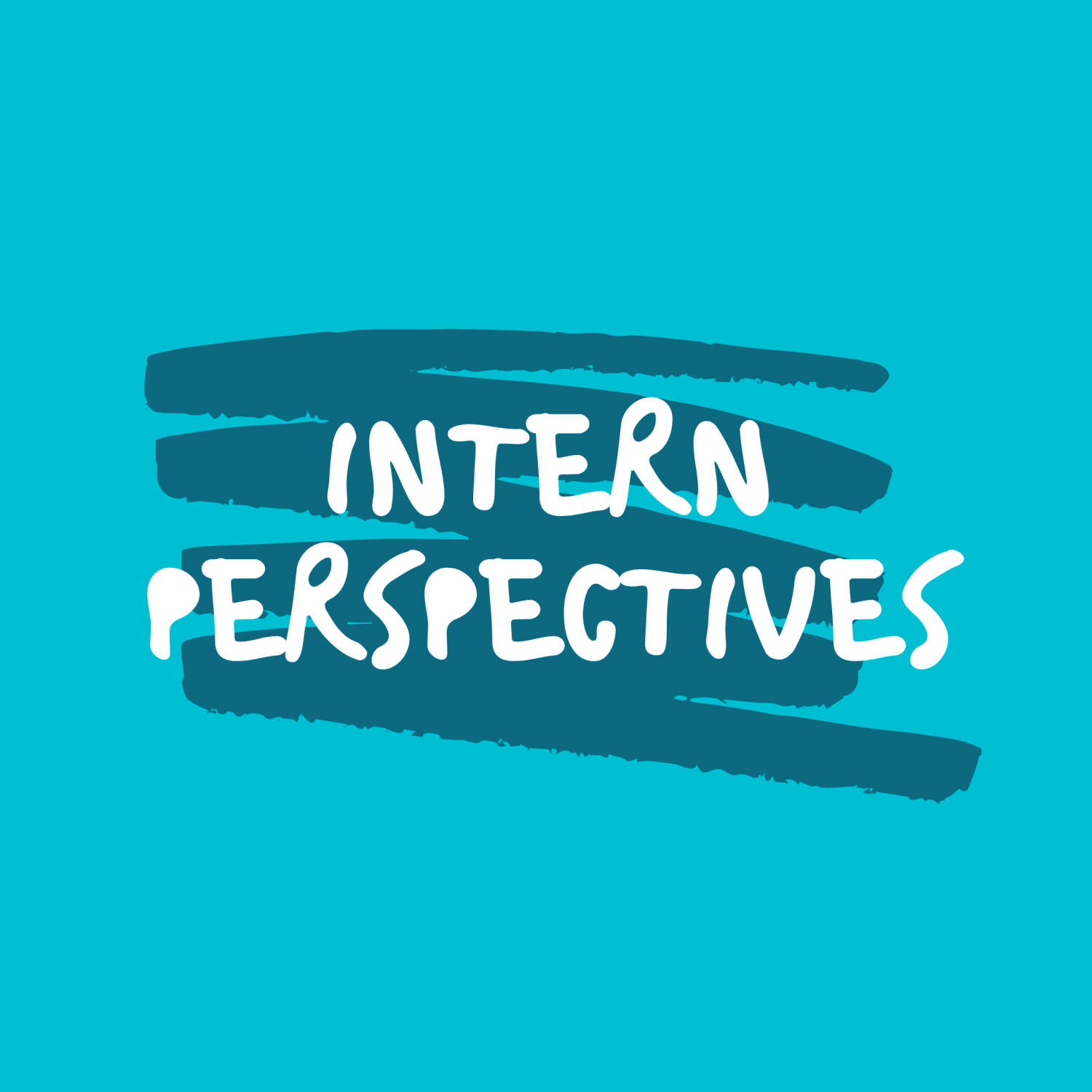When I started my internship at Cartier et Lelarge, I thought I already knew what remote work was like: boring, dreary, solitary. After all, I had already completed over a year of online learning—the pandemic hit Canada like a bad snowstorm during the midterm exams of my second semester at Concordia University—and I worked from home during the summer. To my great joy, however, my prior experiences were absolutely nothing like working for Cartier et Lelarge.
From the very first day on, I was received by a warm, talented and attentive team that made me feel as if I was more than just an intern—I was also a friend. I was met with unwavering respect that helped me gain confidence as a translator and as a colleague.
I immediately knew that I would love my internship. Even before working with the team, I was proud to be given the opportunity to have my first work experience in translation at a well-established firm. I felt an instant connection with my team lead despite the physical distance, and I realized that Cartier et Lelarge was more than ready to support me and help me grow as a translator, no matter the working conditions. Acquiring a master’s degree from home inevitably means a distanced perception of translation: I knew the theoretical aspects of the discipline, but I was entirely out of touch with the realities of the profession.
From the very first day on, I was received by a warm, talented and attentive team that made me feel as if I was more than just an intern—I was also a friend. I was met with unwavering respect that helped me gain confidence as a translator and as a colleague. Unlike my previous remote experiences, I was never on the sidelines. As I learned new technological tools and attended meetings, trainings and team-building activities, I made my place within the team organically. To this day, questions are never left unanswered, all doubts are eased, and every translation feels like a leap toward achieving something meaningful.
Translation is all about perspective and exploring the world through a different angle, culture, and language. It means concentrating on the microscopic to understand the realities of the macroscopic.
During the first few weeks of my internship, the coordination team made sure that I was never overwhelmed with the work I was assigned. The translations that I worked on were short, so I could easily identify the tones of the texts. Progressively, I started dealing with texts that were out of my comfort zone, and I dived into the worlds of agriculture, marketing, transportation and finance. Getting familiarized with a variety of new disciplines was sometimes confusing—or downright frustrating—but my colleagues were always a short message away to help me rise to the challenge. Finding terms, reading definitions, researching grammar rules and asking questions quickly became second nature to me. My internship did more than just provide me with the tools that I need to be autonomous: it taught me how to use them. It’s easy to fall into a routine and assess your work on a daily scale, thinking every obstacle is a mountain when it’s merely a bump in the road. Hyper-focusing on details during a learning experience severs your ability to see your full evolution, and the team would constantly remind me that progress is far from linear, but that it always goes forward.
Translation is all about perspective and exploring the world through a different angle, culture, and language. It means concentrating on the microscopic to understand the realities of the macroscopic. Everything that I learned during my internship made me grow as a professional and as a person. I approach texts in an entirely new way: one that is specific to me and my strengths. My internship has given me incredible insight on the real-life qualities required to be a professional translator, as well as the space to develop the practical skills I rarely used in a virtual classroom. There are still many lessons that I have yet to learn, but my time at Cartier et Lelarge was the first step toward becoming the translator I now know I can be.
This article is part of our Intern Perspectives series. Read more here.



